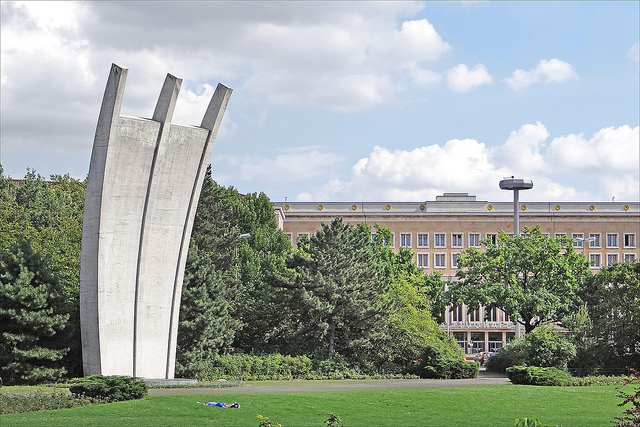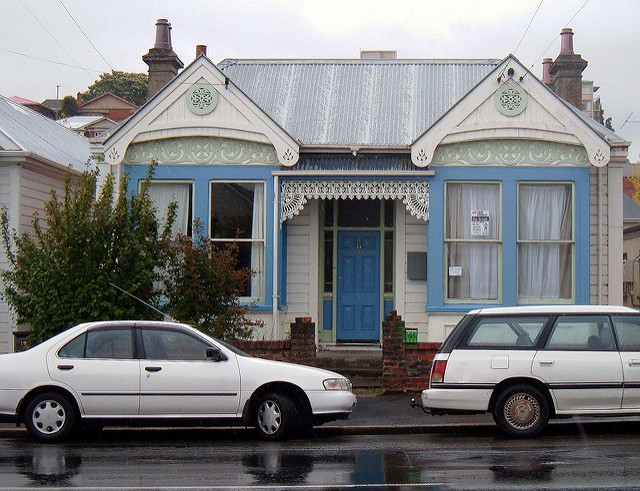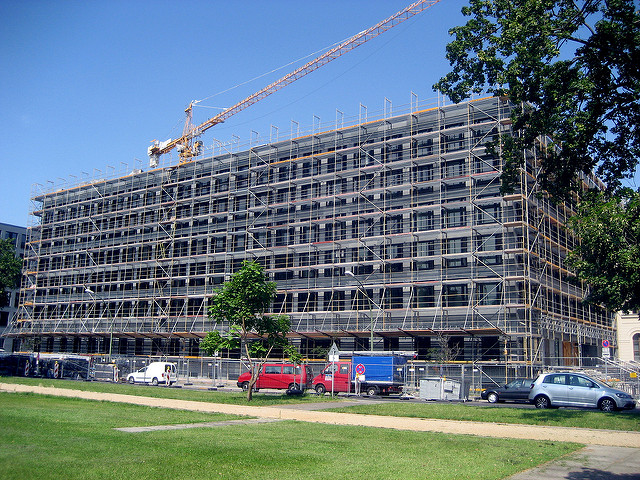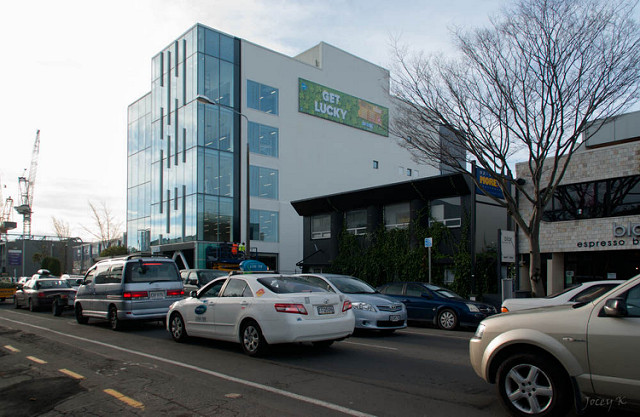The US' H-1B visas for Master's Degree graduates are disappearing fast, according to the latest update from US Citizenship and Immigration Service (USCIS), which says that just 1,364 visas are now available under this category.
Against the cap of 20,000 visas under the H-1B Master's Degree program for fiscal year 2006, as many as 16,478 visa petitions had been approved, and 2,158 additional petitions were pending in December-end 2005, according to latest data by USCIS.





